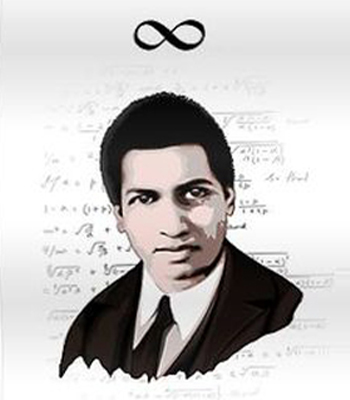Past Events
- Lecture on multiparameter E_0-semigroups November 18, 2021
- Navier stokes equations: A million dollar open problem November 8, 2021
- Prof Indranath Sengupta to illuminate on the unboundedness of Betti numbers October 11, 2021
- Dr Tathagata Sengupta to speak on ‘Debt, Mathematics and Education’. October 6, 2021
- The Narasimhan-Seshadri theorem and some of its ramifications September 17, 2021


